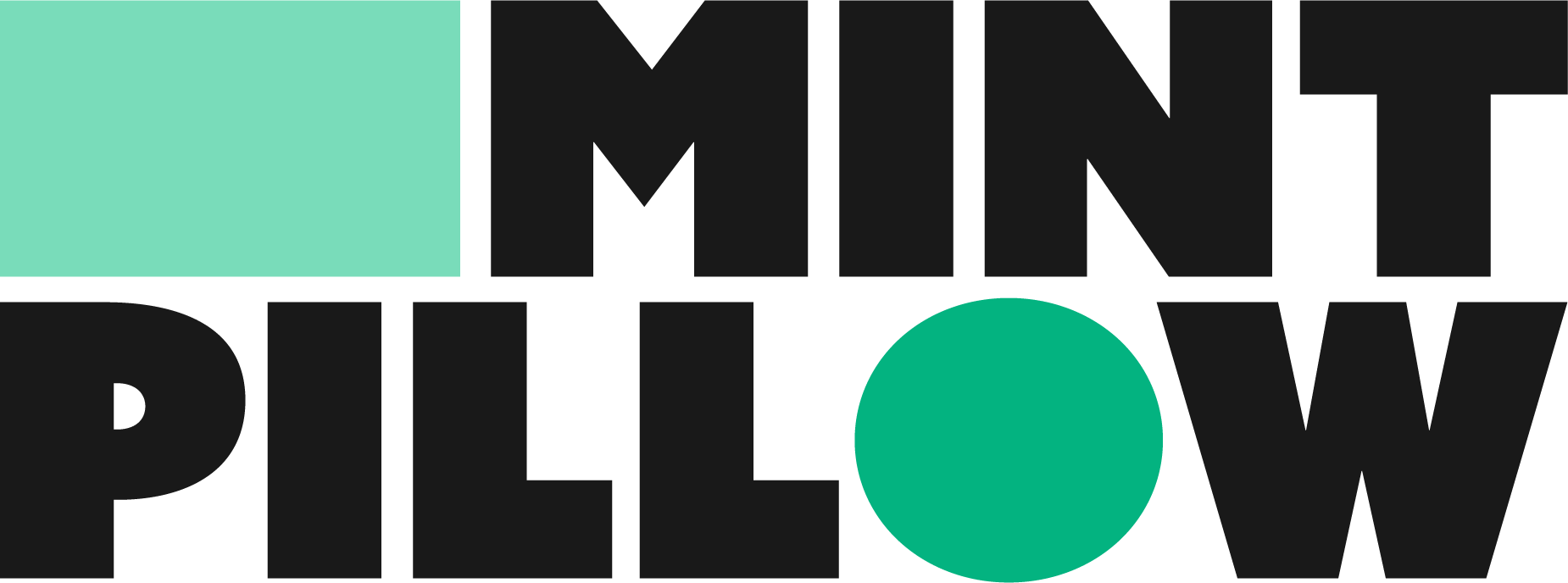'Purchasing agents with strong vendor relationships are more important than ever'
Alan Benjamin, founder of global purchasing firm Benjamin West, offers practical advice on common pain points

A version of this story first appeared in the Mint Pillow newsletter. To get it in your inbox, sign up for free by clicking here.
By Jennifer Glatt | Mint Pillow
With tariffs fluctuating and global supply chains in flux, hotel owners face more uncertainty than ever when budgeting and planning for FF&E (furniture, fixtures and equipment). Alan Benjamin, founder of global purchasing firm Benjamin West—which spends $1.5 million of owners’ money on FF&E every day—breaks down what owners and developers need to know in this politically fraught moment. He offers practical advice on tariffs, timelines, vendor selection and why precision on both the design and purchasing sides has never mattered more.
How have President Trump's tariffs impacted FF&E procurement costs and lead times?
No cost is going down. We could start with that. How much costs are going up is still in the ‘to be determined’ phase, which is causing a lot of stress. A couple things to keep in mind that I’m sharing with clients as I'm trying to calm people down.
First, not everything that goes into hotels is made outside the U.S., let alone China or Vietnam. The U.S. is world-class, best at certain categories such as solution-dyed nylon guestroom carpet, some wall coverings and other products. When people hear the word tariff, they generally tend to assume “my project costs are going up,” applying the maximum tariff that they've heard. And they put it on the whole project, and that would not be accurate.
Secondly, people need to keep in mind that the charge is the tariff that's in place not when the items are ordered, but when they go through customs. Given that we're in a very much made-to-order industry, that could be 16, 18, 20, up to 26 weeks, depending on what you're ordering, how custom it is and where it's produced. That's the part that is probably causing the most stress. Who knows what tariffs will be in effect 30 days, 60 days, let alone four or five months out?
So it makes the budgeting process more difficult. The way designers design and the way purchasers purchase is going to become even more critical, particularly on the functionality of the products and of the content of the products.
What shifts have you noticed in how owners or developers are budgeting for FF&E due to inflation and higher construction costs?
If we roll back three weeks, we were telling people on FF&E product to add a 10% contingency to the budget. Obviously, today we would say be careful. Add more. Assume that you're going to pay tax on the tariff, because that varies state by state, and who knows where the states are going to be? But still, not everything comes from overseas; there are domestic sources.
I had a client ask, ‘Can't we just buy 100% from the U.S.?’ And the answer is no—oftentimes different things are made in different countries and assembled in the USA. We've had a situation of global trade going on for many, many years that is now very much changed. Is it changed for a week, for a month, for a long time? Nobody really knows. The bottom line—increase your contingency. Have multiple countries of origin in the model room. Then you're going to weigh contingency, risk, reward versus price, quality. It's harder to plan now, certainly.
What’s the biggest pain point for hotel owners right now when it comes to FF&E, and how can they solve it?
The biggest challenge is finding the right vendors who can offer the right balance of price, quality, lead time and reliability. With the shifting landscape of tariffs and supply chain disruptions, some vendors who were previously only focused on residential or commercial goods may now be entering the hospitality space, but their longevity in the market remains uncertain.
Purchasing agents with strong vendor relationships are more important than ever. Larger vendors with robust financial backing are more capable of absorbing the cost and time fluctuations caused by tariffs and other disruptions. The role of the purchasing agent has never been more vital. Firms like ours are getting some tariff relief and assurance from vendors that small or one-off buyers aren’t. That matters in times of volatility.
What do the tariffs potentially mean for lifestyle and boutique hotel brands?
The higher end items, the more custom—especially the furniture—the greater tendency is that that's not going to be made domestically. The simpler design—more select service, extended-stay—there's more of that capacity domestically. For independent design, getting that last 5 to 10% of the design detail is key. This usually does not affect price or lead time. But when you walk in high-end boutique hotels and it’s evident that they looked at all the finishes and paint colors in the room, under natural light, all those little things. Especially for the more independent and boutique hotels, you’ve got to balance whether the vendor is financially capable, technically capable and can they still achieve the level of creativity that makes you say ‘wow.’
Fidelity Hotel Cleveland(Courtesy NuovoRE; Design Firm: Curioso)
💯 Thanks for reading! Enjoying Mint Pillow? Share it with a friend!
👋 Have a story idea or want to say hello? Email us at newsletter@mintpillow.co




